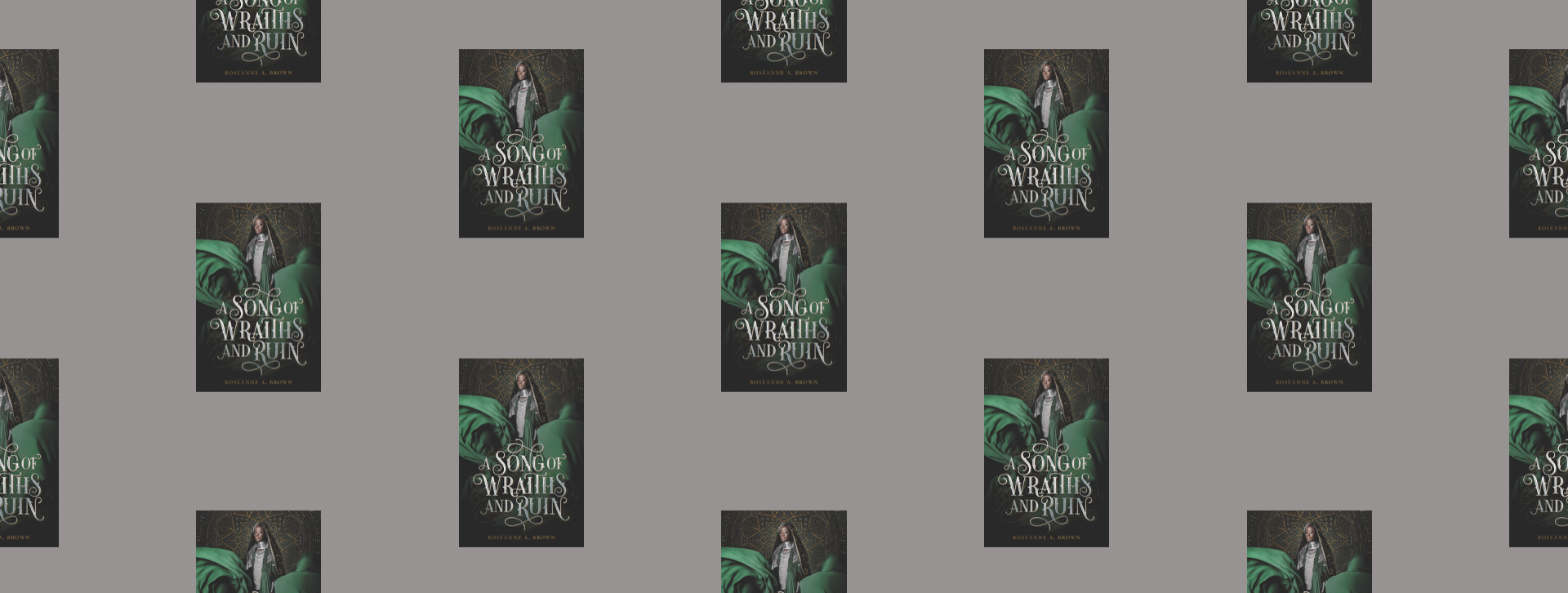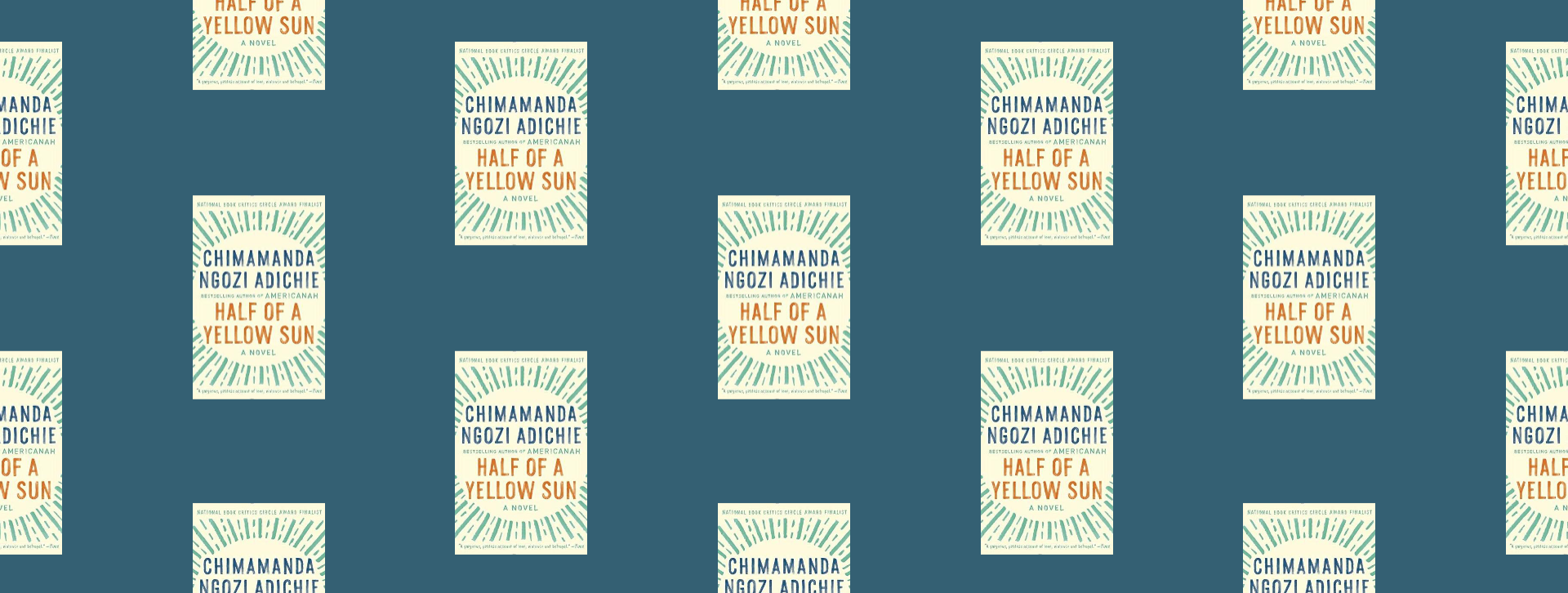The Tiger's Wife
The Tiger’s Wife is so, so beautiful and compelling. This is storytelling at its best, and I’ll be recommending it for probably the rest of my life.
A Song of Wraiths and Ruin (A Song of Wraiths and Ruin, #1)
I totally loved A Song of Wraiths and Ruin. It has a fantastic tangly plot, intensely lovable characters, and a top-notch ending.
Daddy: Stories
The stories in Daddy is certainly well crafted. But I think I’m in the minority in that these stories just didn’t really compel me through them.
Black Light: Stories
Black Light is a really solid short story collection. Each story is compelling, well-written, and connected to something deeply human.
The Nickel Boys
The Nickel Boys is not an easy read. But it is worth all the hype, and it absolutely deserved the Pulitzer it won.
The Mirror and the Light (Thomas Cromwell, #3)
The Mirror and the Light is a feat of a conclusion to the Thomas Cromwell trilogy. It feels more like Wolf Hall than Bring Up the Bodies, but the ending was really excellent.
The Lacuna
The Lacuna is an incredible feat of a novel that weaves real people and events together with expert fictional character-building. I can see why it is so acclaimed!
The Road Home
The Road Home is a beautifully written about immigration and building a better life. I liked it.
Everywhere You Don't Belong
Everywhere You Don’t Belong was a moving, fast-paced, poignant coming-of-age story about a young Black man from Chicago.
Ordinary Hazards
Ordinary Hazards was a beautiful, heartbreaking novel about community and tragedy and hope and love and found family.
Bring Up the Bodies (Thomas Cromwell Trilogy, #2)
Bring Up the Bodies is a truly great sequel to Wolf Hall. It takes the best of that book and builds dizzyingly on the world Hilary Mantel built.
What Happens at Night
What Happens at Night is a dream-like and weird but very atmospheric and moving novel. I really liked it, but it won’t be for everyone.
The Death of Vivek Oji
This is a raw, gutting, absolutely beautiful book about a young Nigerian person navigating gender dysphoria. It’s incredible.
An Orchestra of Minorities
An Orchestra of Minorities is a stunningly beautiful, terribly sad novel written from the most unique narration I’ve ever read.
Half of a Yellow Sun
Half of a Yellow Sun is a heartbreaking novel about the Biafran war, which took place in Nigeria in the 1960s. It’s not an easy read, but it is affecting and an incredible feat of writing.
Gilead (Gilead, #1)
Gilead is an epistolary novel about a minister nearing the end of his life. I found it a tad slow in the middle, but very beautifully written,.
The Stone Sky (The Broken Earth, #3)
The Stone Sky is an incredible conclusion to The Broken Earth trilogy. I truly couldn’t put it down, and it solidified this trilogy as an all-time favorite.




















